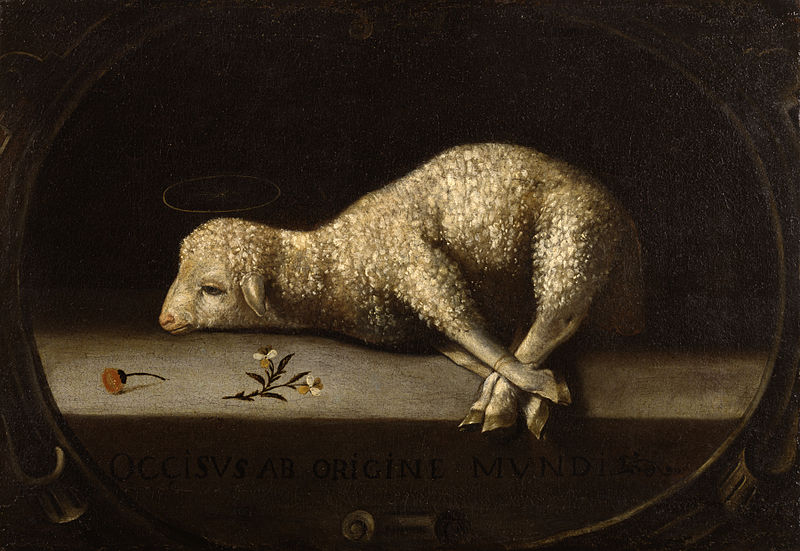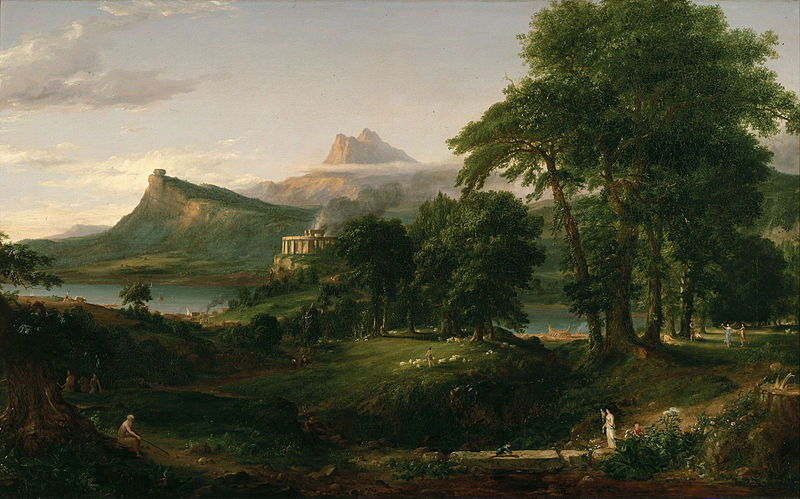Musica Predicat – 500 Years of Reformation
Luther texts in early cantatas by Johann Krieger, Dietrich Buxtehude, Samuel Scheidt and Michael Praetorius
4 singers, theorbo, harpsichord/organ, 2 violins, 2 violas, cello, violone, choir
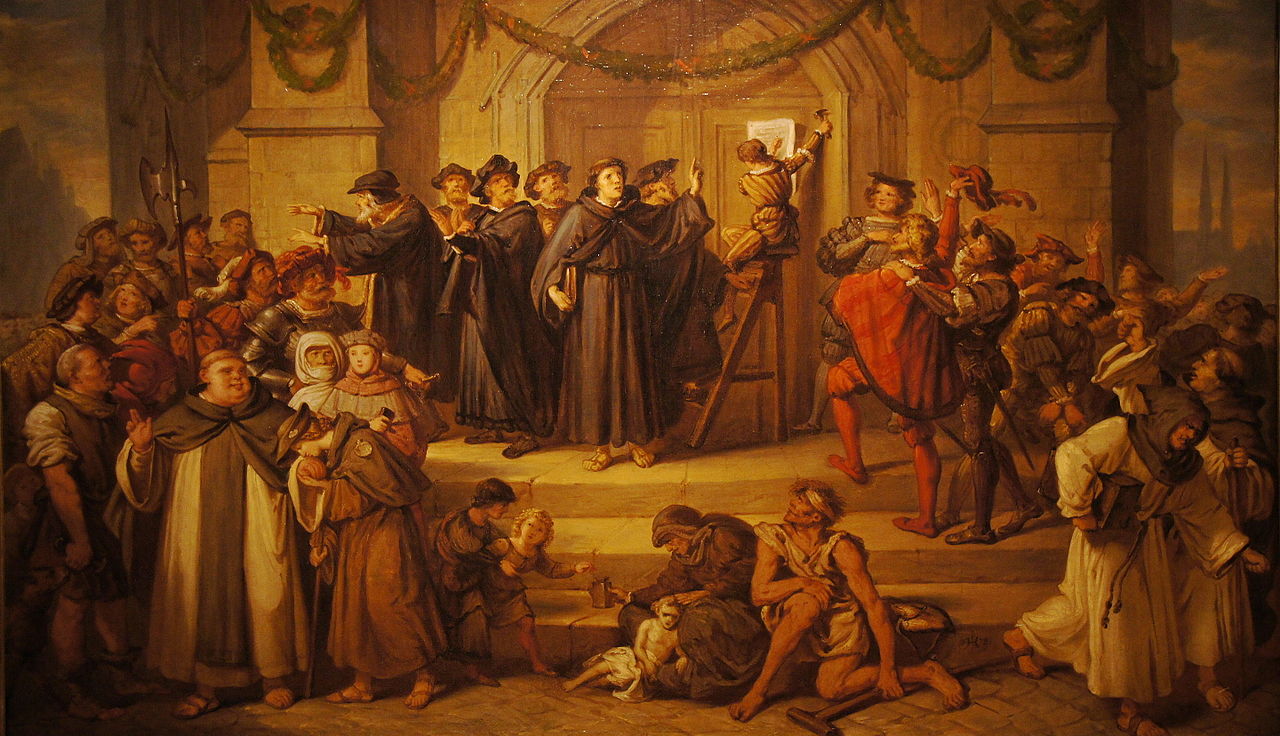
The Butterfly Effect
This program highlights the effects of the Reformation and similar movements throughout Europe, including Anglican England, the Huguenots in France and the Counter-reformation in Italy, with music by Thomoas Tallis, Orlando Gibbons, Henry Purcell, Claude Goudimel, Claude le Jeune, Giovanni Legrenzi, Giacomo Carissimi and Giovanni Felice Sances.
5 singers, theorbo, organ
Lively music for late summer celebrating secular life and nature, with music by Giovanni Felice Sances, Claudio Monteverdi, Sigismondo d’India and others.
2 singers, theorbo, harpsichord
Bold Sacred Music
The “Titans Rising Early Music Ensemble” will surprise your senses with very passionate and sensual sacred music from 17th century Rome and Venice. There is very little which separates the ardent pleas of a lover to his beloved from these adorations and pleas to God, Jesus and Maria, beautifully and provocatively written by Giacomo Carissimi, Giovanni Legrenzi, Biagio Gherardi, Claudio Monteverdi, and Giovanni Felice Sances.
5 singers, theorbo, harpsichord/organ, baroque cello/viola da gamba
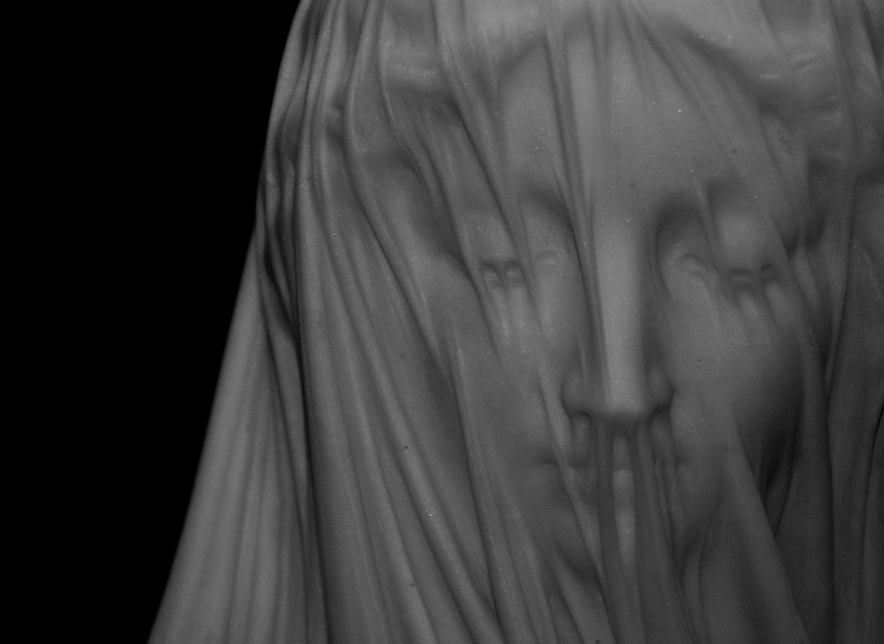
Giacomo Carissimi’s “Judicium Salomonis” – The Strength of a mother’s love
In this new reconstruction of Carissimi’s (1605-1674) oratorio, the “Titan’s Rising Early Music Ensemble” expands the well-known story of Solomon’s judgment with trio sonatas by Giovanni Legrenzi (1626-1690) and motets by Carissimi and contemporaries such as Tarquinio Merula (1595-1665) and Giovanni Paolo Cima (1570-1622).
2 sopranos, tenor, bass, 2 violins, theorbo, harpsichord/organ
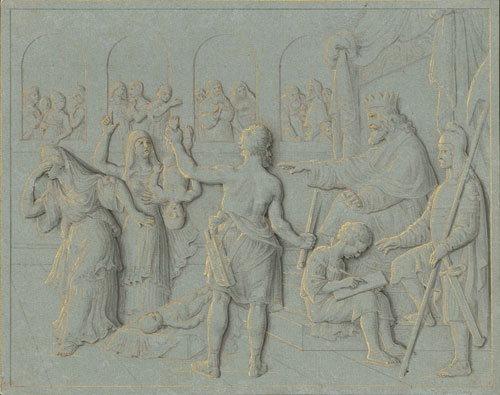
O tu suavissima virga – Medieval Marian Devotion
Chant and polyphony from 1100 to 1300 from Bohemia (Czech Republich), Acquitania (France) and Eibingen near Bingen (Hildegards abbey)
3 women’s voices plus harps
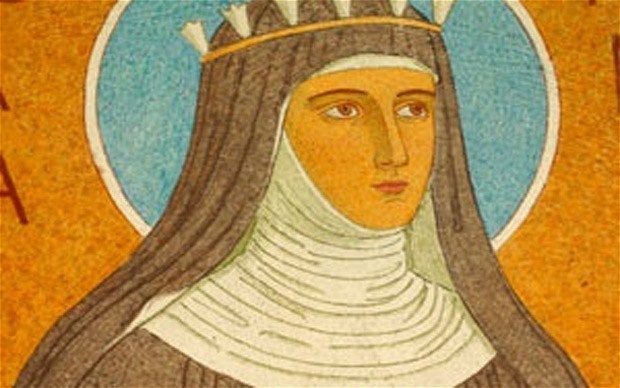
Alto silenzio fa la bianca luna – Renaissance Madrigals for voices and broken consort
The Franco-Flemish style of polyphonic writing at the beginning of the 16th century was all the rage across Europe. In this program the “Titans Rising Early Music Ensemble” goes to the beginning of the Italian madrigal genre and shows its development out of the secular frottola and how the beautiful franco-flemish style brought a “new” polyphonic sound, which became the essence for Italian madrigal composition. Music by Josquin Desprez, Gero, Adrian Willaert, Ciprano de Rore and others.
6 singers and broken consort of instruments (recorders, dulcian, viola da braccio)

Il pastor fido – A Shepherd Play
Battista Guarini’s theatrical masterpiece “Il pastor fido” (“The faithful shepherd”) was an instant hit in Italy when it premiered in 1590. Over the next 40 years, dialogues and texts from Pastor fido were quoted and set to music over 500 times, most frequently as madrigals. This program celebrates a high point in madrigal history, on the eve of the early baroque era, with a tour de force of madrigals by Monteverdi, Casentini, Rogni Taeggio, Taroni, Sigismondo d’India, Giaches de Wert
5 singers, theorbo
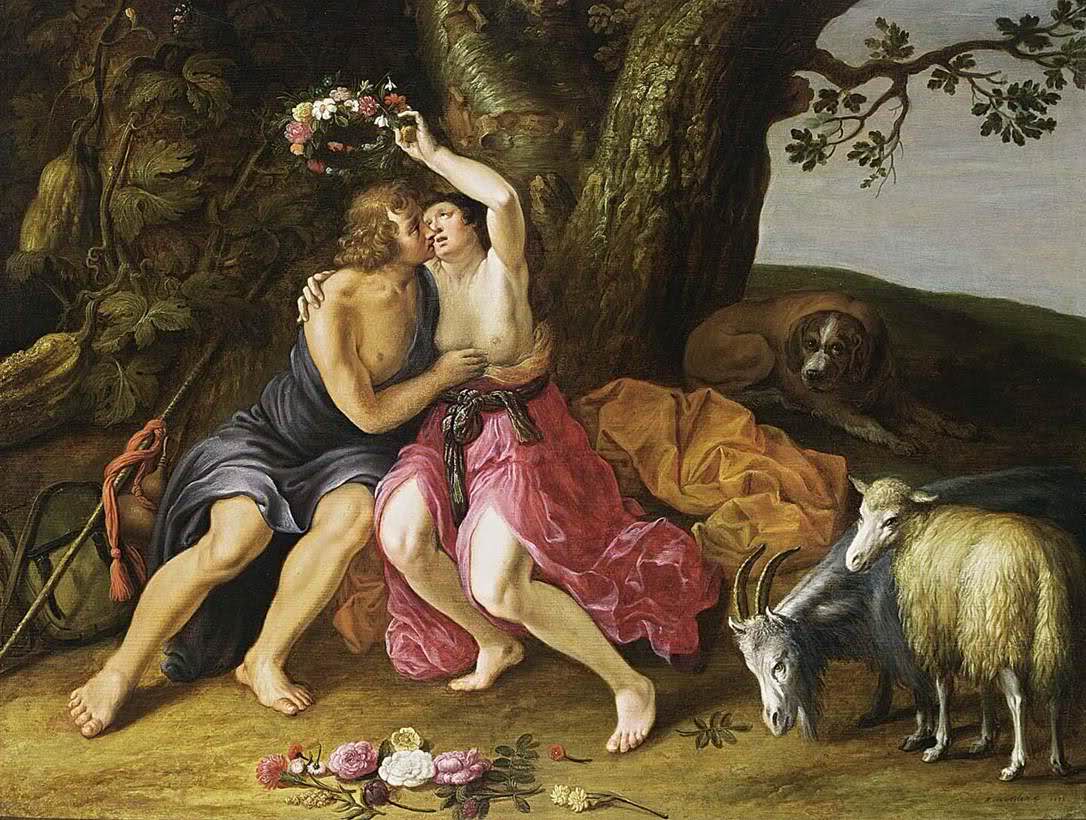
Giacomo Carissimi’s “Historia di Jephte”
This jewel of an oratorio by Giacomo Carissimi (1605-1674) is performed next to other sacred motets by contemporaries of Carissimi from Rome and in Venice.
6 singers, theorbo, harpsichord/organ
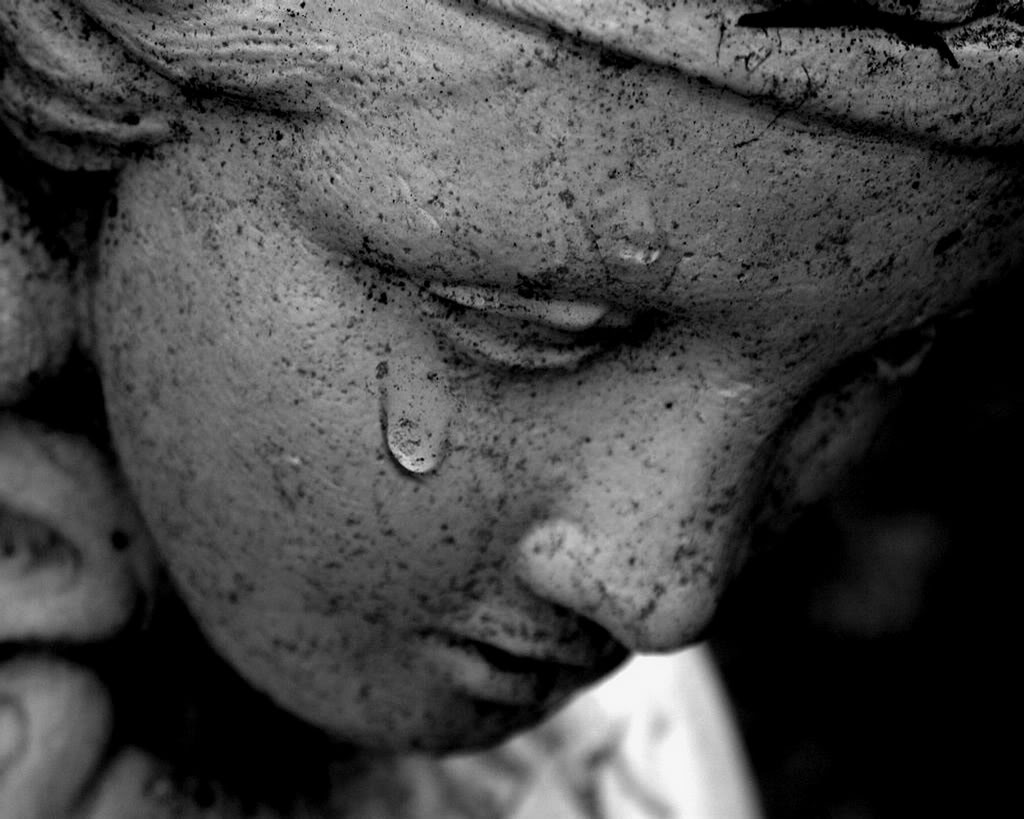
An Evening at Marco Maria Aresi’s in Milan, 1604 – The Art of Diminution
As a great patron of the arts, Marco Maria Aresi held many private concerts in his home in Milan, Italy. Through the dedications that composers and performers made to him, we can see the popularity of the late-Renaissance diminution style, presented here in songs and instrumental pieces by Sigismondo d’India, Giovanni Ghizzolo, Giulio San Pietro de’ Negri, Biagio Marini and Giovanni Battista Bovicelli.
soprano, baritone, violin, theorbo
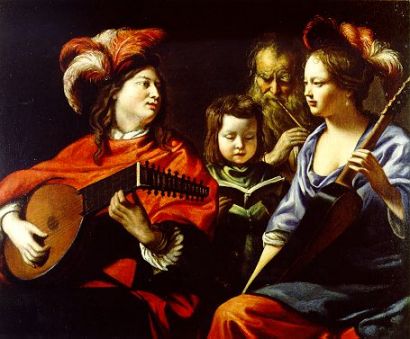
Tenebrae – French baroque passion music
Francois Couperin set 3 beautiful “Leçons de ténèbres” (1714) with texts from Lamentations 1 bewailing the destruction of Jerusalem in 587 B.C. Many composers in the baroque period set these texts as an allegory of the betrayal, the loneliness, the passion of Christ, in essence, bringing new meaning to the old testament texts. The beauty of allegory keeps these painfully gorgeous Couperin lessons timeless throughout the centuries.
2 sopranos, organ, viola da gamba/baroque cello

Also hat Gott die Welt geliebet – German passion music from the 17th century
Features motets and sacred cantatas from Dietrich Buxtehude, Johann Rosenmüller, Samuel Scheidt und Johann Hermann Schein
soprano, tenor, bass, 2 violins, harpsichord/organ, theorbo
